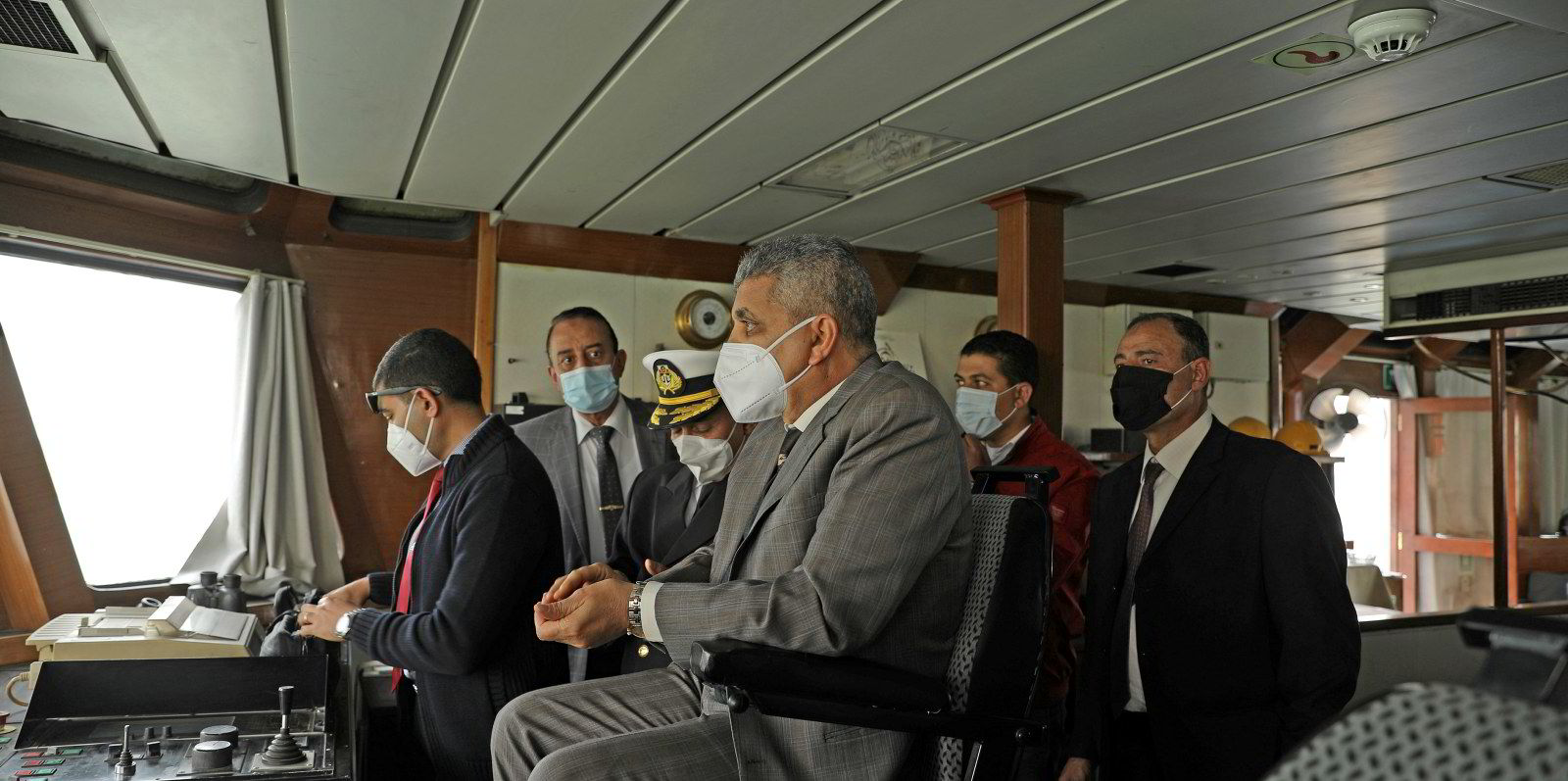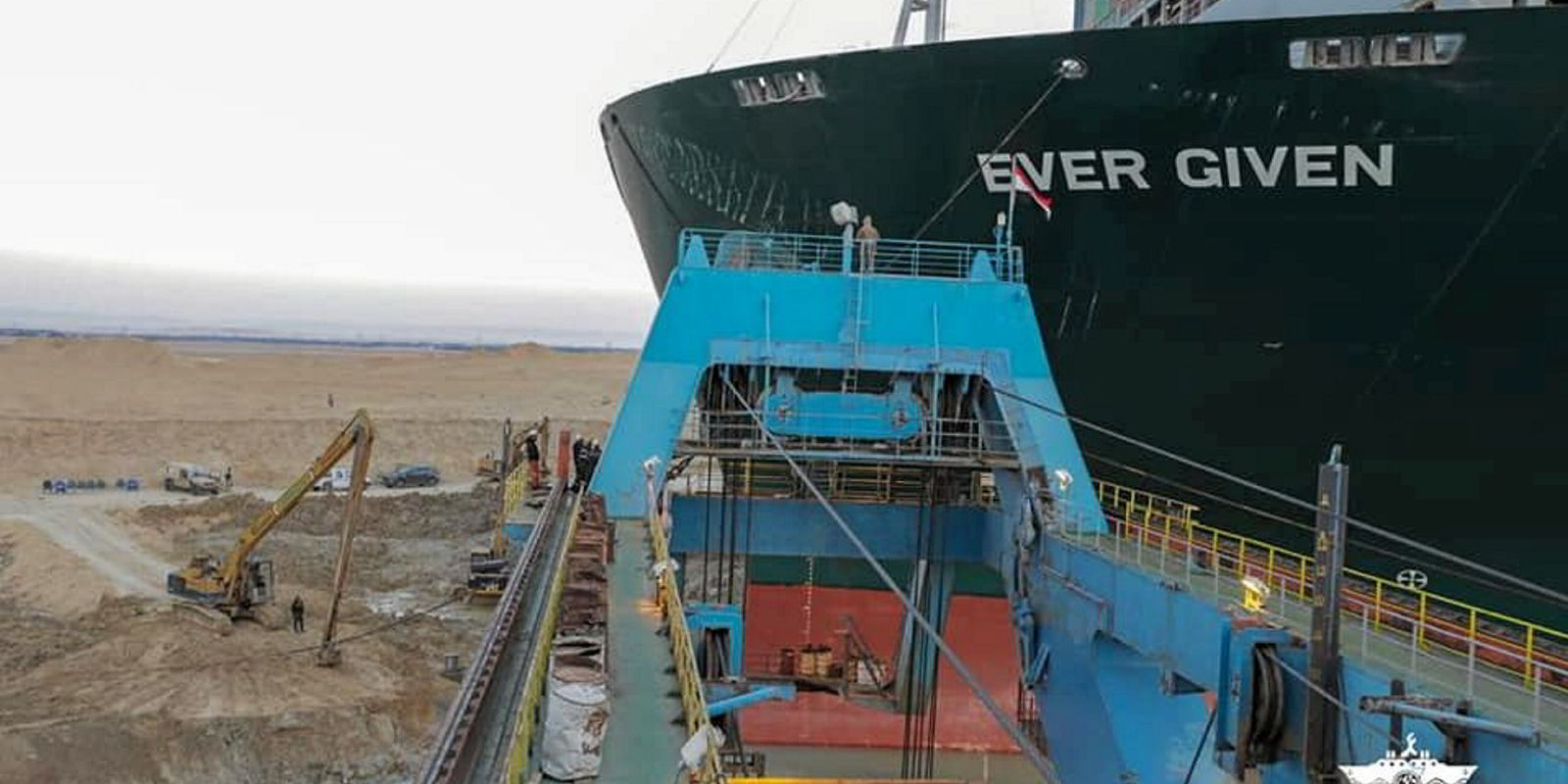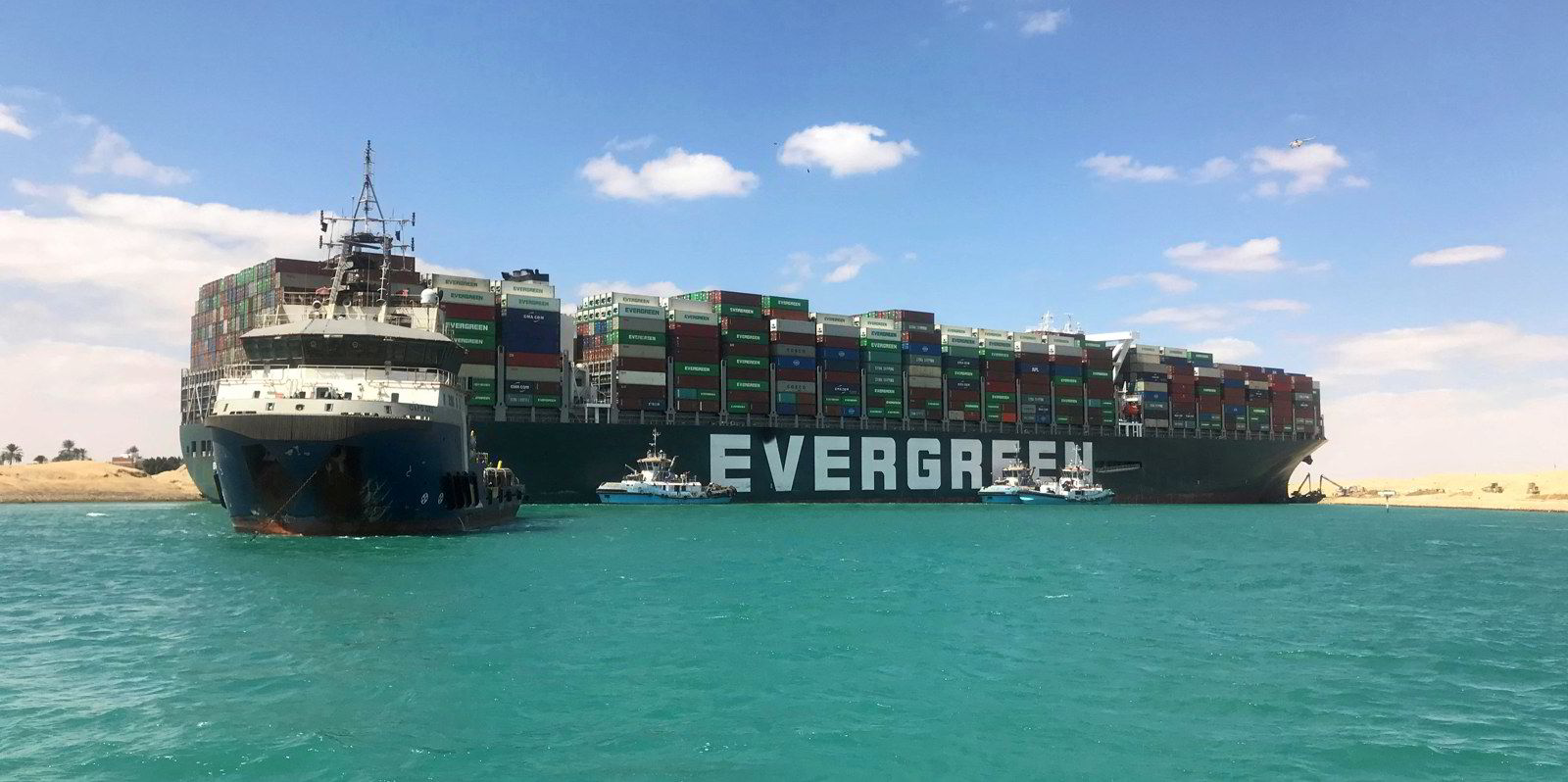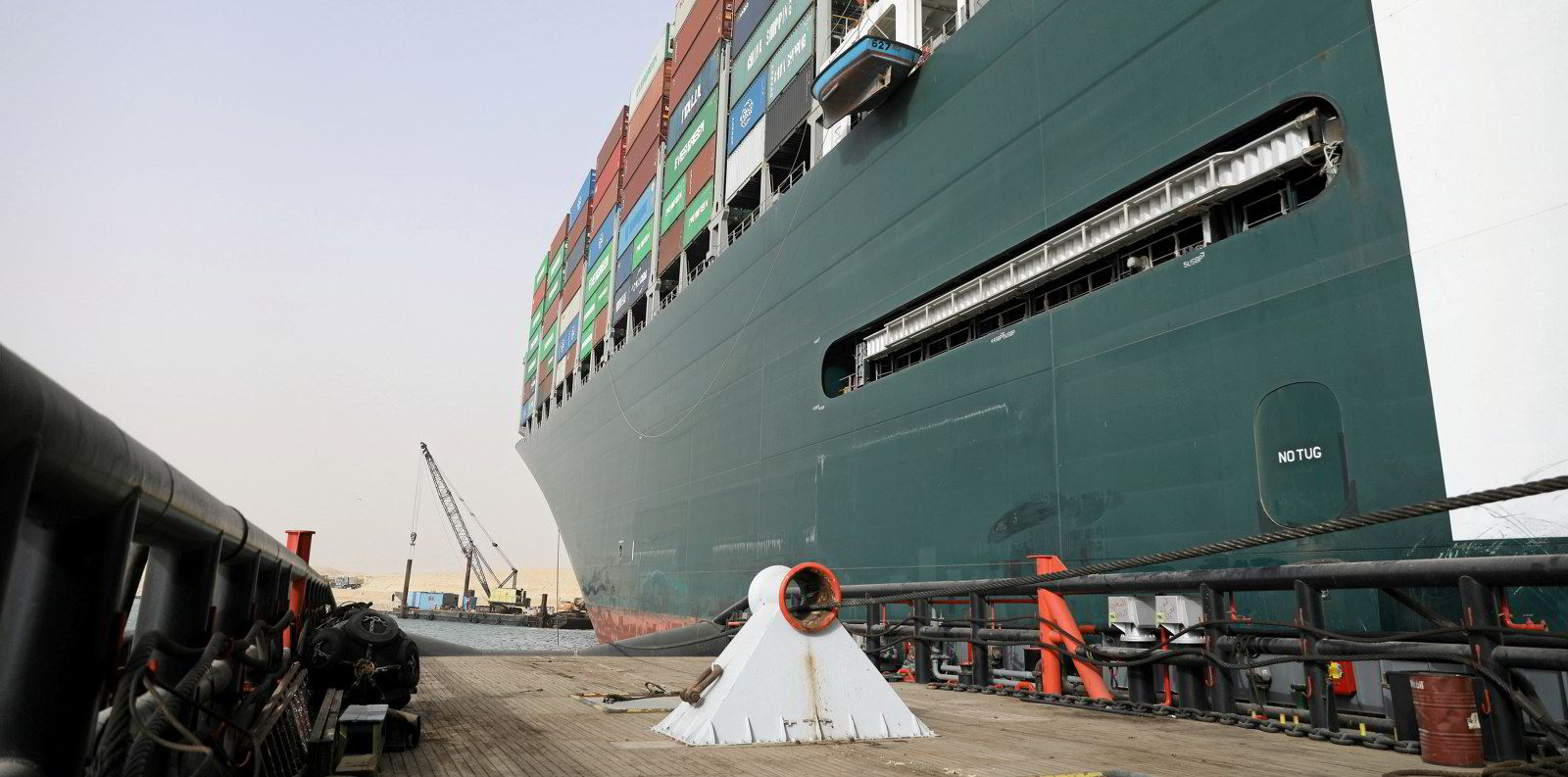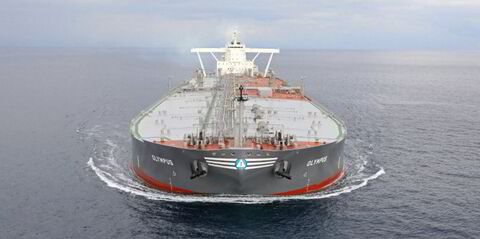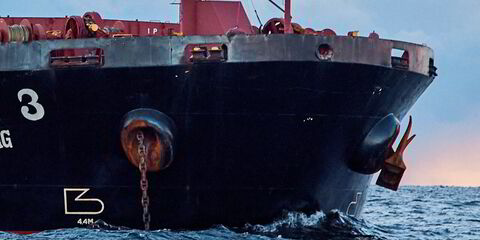The Shoei Kisen Kaisha-owned containership that blocked the Suez Canal for six days in March looks set to remain detained at anchorage for at least another week.
Its continued hold-up in the waterway's Great Bitter Lake comes despite the recent announcement of a compensation settlement.
Suez Canal Authority (SCA) chairman Osama Rabie indicated to Egypt's DMC television station that an agreement in principle would be formalised in line with Egyptian law by around 1 July, allowing the 20,388-teu Ever Given (built 2018) to be released.
Cargo claims handlers also expected the vessel to be freed around the same time.
However, cargo interests told TradeWinds they now expect there is still some way to go before the agreement is wrapped up and payment to the SCA is arranged. It will be at least another 10 days before the ship is likely to be allowed to depart, they suggest.
The delay in the Ever Given's release means it will be likely be the middle of July before 18,000-teu of cargo aboard will be released at the next scheduled port of call in Rotterdam.
The grounding closed the waterway for six days causing disruption to world trade.
The vessel's insurers recently announced that a settlement had been agreed without disclosing the terms.
The financial settlement will largely be met by Shoei Kisen Kaisha's Japanese hull and machinery insurers, led by Tokyo-based Mitsui Sumitomo Insurance Group, with a proportion also met by its protection and indemnity insurer the UK P&I Club.
In a related development news agency Bloomberg recently reported that evidence was submitted to Egyptian court proceedings of an argument between the two SCA pilots on board the ship. The pilots disagreed on how to navigate the vessel in strong winds which caused the ship to veer to port and starboard.
An order to sail the vessel at 13 knots, exceeding the Suez Canal’s eight knot speed limit, was given by the pilot to correct the ship before it grounded.
It appears from the report that the vessel’s insurers could have grounds to legally contest the SCA’s compensation claim.
However, legal sources said the terms and conditions for vessels transiting the Suez Canal would have made it very difficult for insurers to legally pin any liability on the SCA.
The SCA has pointed to its Navigation Book of Rules, which specifies the speed limits in the canal, and says exceeding the speed is “the sole responsibility of the ship master”.
